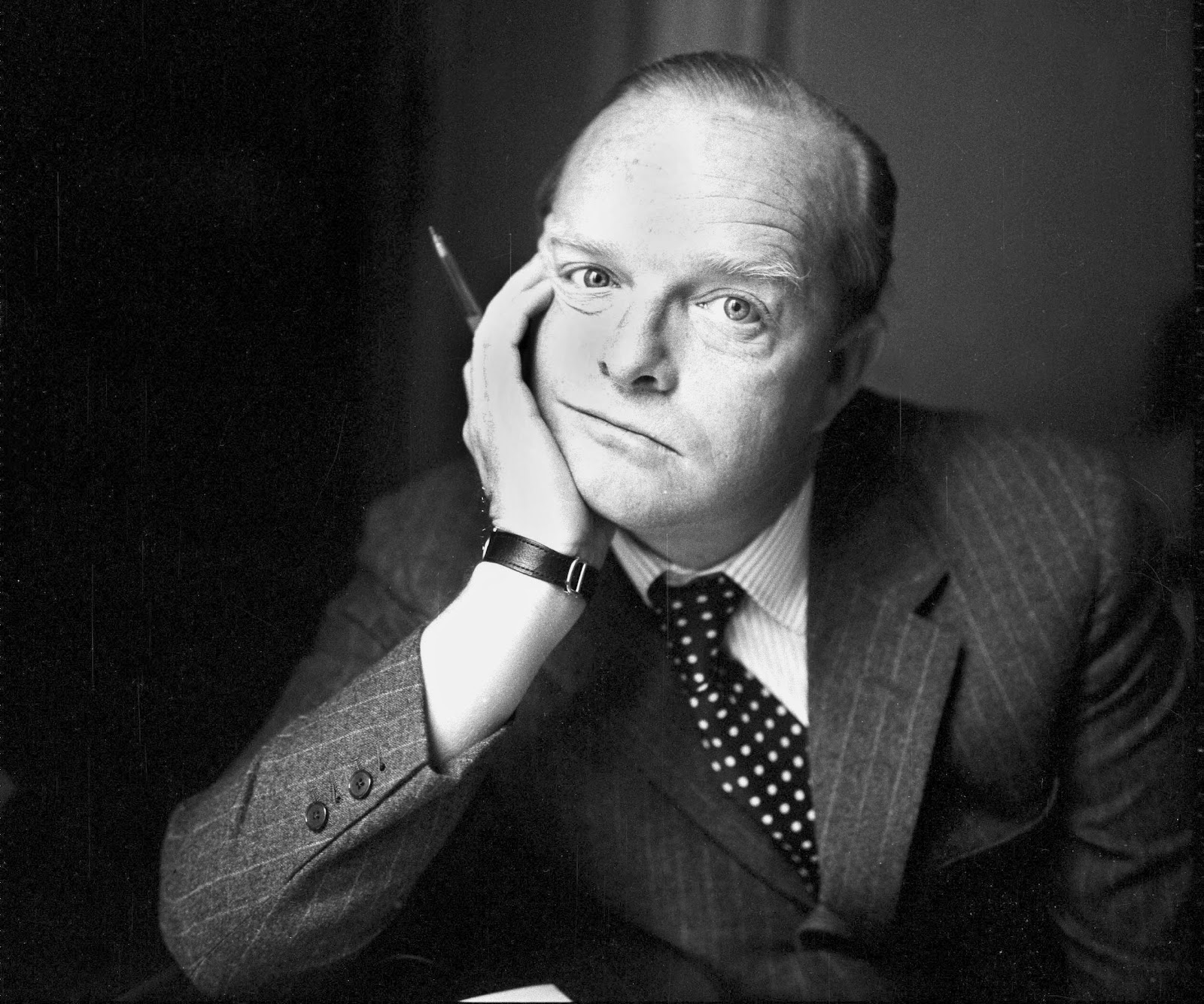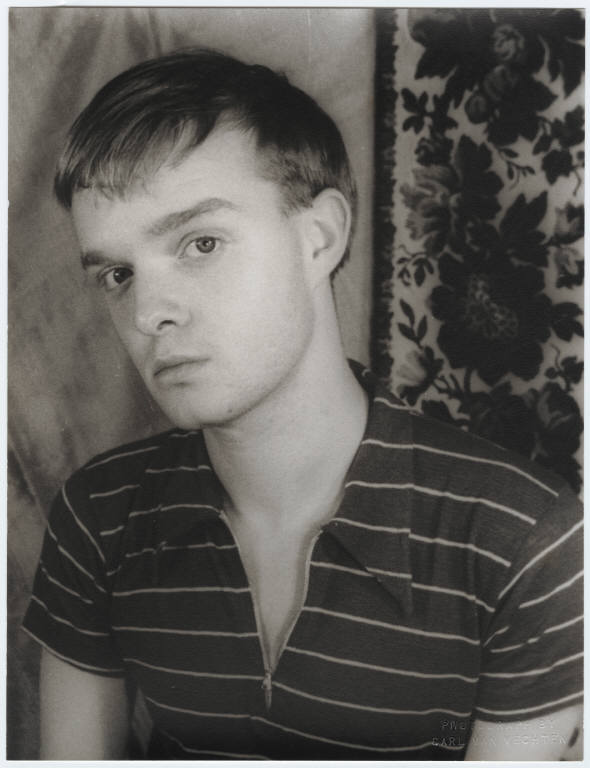- Joined
- Jan 25, 2014
- Messages
- 11,991
- Reaction score
- 1,411
- Points
- 159
Gay Icon (Wikipedia)
A gay icon is a public figure (historical or present) who is embraced by many within lesbian, gay, bisexual and transgender (LGBT) communities. Dykon, a portmanteau of the words "dyke" and "icon", has recently entered common lexicon to describe figures particularly iconic to lesbian people.
Some of the main qualities of a gay icon often include glamour, flamboyance, strength through adversity, and androgyny in presentation. Such icons can be of any sexual orientation or gender; if LGBT, they can be out or not. Although most gay icons have given their support to LGBT social movements, some have expressed opposition, advocating against a perceived "homosexual agenda".
Historical icons are typically elevated to such status because their sexual orientation remains a topic of debate among historians. Modern gay icons, who are predominantly female entertainers, commonly garner a large following within LGBT communities over the course of their careers. The majority of gay icons fall into one of two categories: they are either tragic, sometimes martyred figures, or prominent pop culture idols.
********** ********** ********** ********** ********** ********** **********
There are many Gay Icons past and present. I thought a thread about them was a good idea.
Here I will post my favorites. I hope others will add their examples of Gay Icons.
Oscar Wilde

Photograph taken in 1882 by Napoleon Sarony

Oscar Wilde and Lord Alfred "Bosie" Douglas
Oscar Fingal O'Flahertie Wills Wilde (16 October 1854 – 30 November 1900) was an Irish writer and poet. After writing in different forms throughout the 1880s, he became one of London's most popular playwrights in the early 1890s. Today he is remembered for his epigrams, his novel The Picture of Dorian Gray, his plays, and the cir stances of his imprisonment and early death. In the latter half of the 20th century he became a gay icon.[1]
stances of his imprisonment and early death. In the latter half of the 20th century he became a gay icon.[1]
Wilde's parents were successful Anglo-Irish Dublin intellectuals. Their son became fluent in French and German early in life. At university, Wilde read Greats; he proved himself to be an outstanding classicist, first at Dublin, then at Oxford. He became known for his involvement in the rising philosophy of aestheticism, led by two of his tutors, Walter Pater and John Ruskin. After university, Wilde moved to London into fashionable cultural and social circles. As a spokesman for aestheticism, he tried his hand at various literary activities: he published a book of poems, lectured in the United States and Canada on the new "English Renaissance in Art", and then returned to London where he worked prolifically as a journalist. Known for his biting wit, flamboyant dress and glittering conversation, Wilde became one of the best-known personalities of his day.
At the turn of the 1890s, he refined his ideas about the supremacy of art in a series of dialogues and essays, and incorporated themes of decadence, duplicity, and beauty into his only novel, The Picture of Dorian Gray (1890). The opportunity to construct aesthetic details precisely, and combine them with larger social themes, drew Wilde to write drama. He wrote Salome (1891) in French in Paris but it was refused a licence for England due to the absolute prohibition of Biblical subjects on the English stage. Unperturbed, Wilde produced four society comedies in the early 1890s, which made him one of the most successful playwrights of late Victorian London.
At the height of his fame and success, while his masterpiece, The Importance of Being Earnest (1895), was still on stage in London, Wilde had the Marquess of Queensberry prosecuted for libel. The Marquess was the father of Wilde's lover, Lord Alfred Douglas. The charge carried a penalty of up to two years in prison. The trial unearthed evidence that caused Wilde to drop his charges and led to his own arrest and trial for gross indecency with other men. After two more trials he was convicted and imprisoned for two years' hard labour. In 1897, in prison, he wrote De Profundis, which was published in 1905, a long letter which discusses his spiritual journey through his trials, forming a dark counterpoint to his earlier philosophy of pleasure. Upon his release he left immediately for France, never to return to Ireland or Britain. There he wrote his last work, The Ballad of Reading Gaol (1898), a long poem commemorating the harsh rhythms of prison life. He died destitute in Paris at the age of 46.
A gay icon is a public figure (historical or present) who is embraced by many within lesbian, gay, bisexual and transgender (LGBT) communities. Dykon, a portmanteau of the words "dyke" and "icon", has recently entered common lexicon to describe figures particularly iconic to lesbian people.
Some of the main qualities of a gay icon often include glamour, flamboyance, strength through adversity, and androgyny in presentation. Such icons can be of any sexual orientation or gender; if LGBT, they can be out or not. Although most gay icons have given their support to LGBT social movements, some have expressed opposition, advocating against a perceived "homosexual agenda".
Historical icons are typically elevated to such status because their sexual orientation remains a topic of debate among historians. Modern gay icons, who are predominantly female entertainers, commonly garner a large following within LGBT communities over the course of their careers. The majority of gay icons fall into one of two categories: they are either tragic, sometimes martyred figures, or prominent pop culture idols.
********** ********** ********** ********** ********** ********** **********
There are many Gay Icons past and present. I thought a thread about them was a good idea.
Here I will post my favorites. I hope others will add their examples of Gay Icons.
Oscar Wilde

Photograph taken in 1882 by Napoleon Sarony

Oscar Wilde and Lord Alfred "Bosie" Douglas
Oscar Fingal O'Flahertie Wills Wilde (16 October 1854 – 30 November 1900) was an Irish writer and poet. After writing in different forms throughout the 1880s, he became one of London's most popular playwrights in the early 1890s. Today he is remembered for his epigrams, his novel The Picture of Dorian Gray, his plays, and the cir
 stances of his imprisonment and early death. In the latter half of the 20th century he became a gay icon.[1]
stances of his imprisonment and early death. In the latter half of the 20th century he became a gay icon.[1]Wilde's parents were successful Anglo-Irish Dublin intellectuals. Their son became fluent in French and German early in life. At university, Wilde read Greats; he proved himself to be an outstanding classicist, first at Dublin, then at Oxford. He became known for his involvement in the rising philosophy of aestheticism, led by two of his tutors, Walter Pater and John Ruskin. After university, Wilde moved to London into fashionable cultural and social circles. As a spokesman for aestheticism, he tried his hand at various literary activities: he published a book of poems, lectured in the United States and Canada on the new "English Renaissance in Art", and then returned to London where he worked prolifically as a journalist. Known for his biting wit, flamboyant dress and glittering conversation, Wilde became one of the best-known personalities of his day.
At the turn of the 1890s, he refined his ideas about the supremacy of art in a series of dialogues and essays, and incorporated themes of decadence, duplicity, and beauty into his only novel, The Picture of Dorian Gray (1890). The opportunity to construct aesthetic details precisely, and combine them with larger social themes, drew Wilde to write drama. He wrote Salome (1891) in French in Paris but it was refused a licence for England due to the absolute prohibition of Biblical subjects on the English stage. Unperturbed, Wilde produced four society comedies in the early 1890s, which made him one of the most successful playwrights of late Victorian London.
At the height of his fame and success, while his masterpiece, The Importance of Being Earnest (1895), was still on stage in London, Wilde had the Marquess of Queensberry prosecuted for libel. The Marquess was the father of Wilde's lover, Lord Alfred Douglas. The charge carried a penalty of up to two years in prison. The trial unearthed evidence that caused Wilde to drop his charges and led to his own arrest and trial for gross indecency with other men. After two more trials he was convicted and imprisoned for two years' hard labour. In 1897, in prison, he wrote De Profundis, which was published in 1905, a long letter which discusses his spiritual journey through his trials, forming a dark counterpoint to his earlier philosophy of pleasure. Upon his release he left immediately for France, never to return to Ireland or Britain. There he wrote his last work, The Ballad of Reading Gaol (1898), a long poem commemorating the harsh rhythms of prison life. He died destitute in Paris at the age of 46.
Last edited:

























